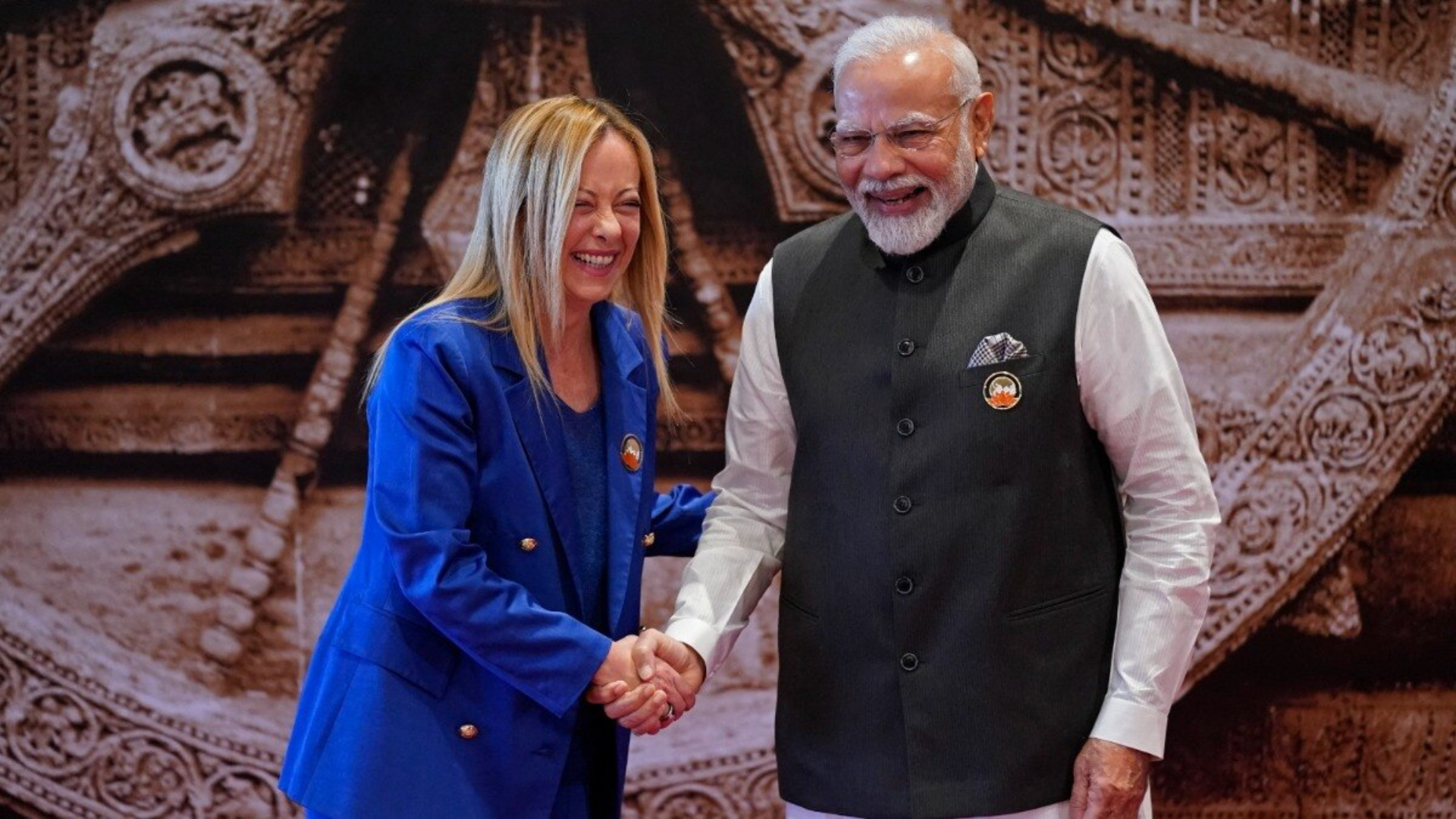Prime Minister Narendra Modi is poised to embark on his inaugural international trip to Italy shortly after his swearing-in ceremony on June 9. Following his victory in the Lok Sabha elections, PM Modi has accepted an invitation from Italian Prime Minister Giorgia Meloni to attend the G7 Summit, scheduled from June 13 to 15 in Borgo Egnazia, Apulia.
In a conversation with Italian PM Meloni on Thursday, Modi expressed gratitude for the invitation to the G7 Summit Outreach Sessions in Italy’s Puglia, according to a statement from the Ministry of External Affairs.
Italy’s G7 Presidency
This year, Italy holds the rotating presidency of the G7. The summit will address crucial topics such as the global economic landscape, international trade, climate change, and the impacts of the ongoing Russia-Ukraine war and conflicts between Israel and Hamas.
The G7 nations comprise Canada, France, Germany, Italy, Japan, the UK, and the US, with the EU participating as a guest. During his visit, PM Modi is expected to meet with the US President and other G7 leaders.
Hectic Schedule Ahead
Following the swearing-in ceremony, India will embark on a busy diplomatic schedule. Ahead of the G7 Summit, the External Affairs Minister will attend the BRICS foreign ministers’ meeting in Russia on June 11, in preparation for the BRICS summit in October. Later in June, PM Modi is expected to host Bangladesh PM Sheikh Hasina, followed by participation in the SCO summit in Kazakhstan in July, where he may meet with Chinese President Xi Jinping post-elections.
Ukraine’s Invitation to Peace Summit
Ukrainian President Volodymyr Zelenskyy, in a congratulatory message to Prime Minister Narendra Modi after his election victory, urged India to participate in the upcoming peace summit. Zelenskyy emphasized India’s crucial role in global affairs and the importance of collective efforts for lasting peace.
PM Modi reaffirmed India’s commitment to advocating for global peace but did not specify whether he would attend the Ukraine peace summit. In March, Ukraine’s Foreign Minister Dmytro Kuleba visited New Delhi and met with Indian Foreign Minister S. Jaishankar, reiterating the request for India’s participation in the peace summit. However, Jaishankar did not publicly comment on Kuleba’s appeal, maintaining an ambiguous stance on India’s position.
India’s diplomatic approach reflects its careful balancing act amid the Ukraine conflict, managing relationships with both Western nations and Russia. The decision on India’s participation in the peace summit continues to be a point of interest and speculation in international diplomatic circles.







